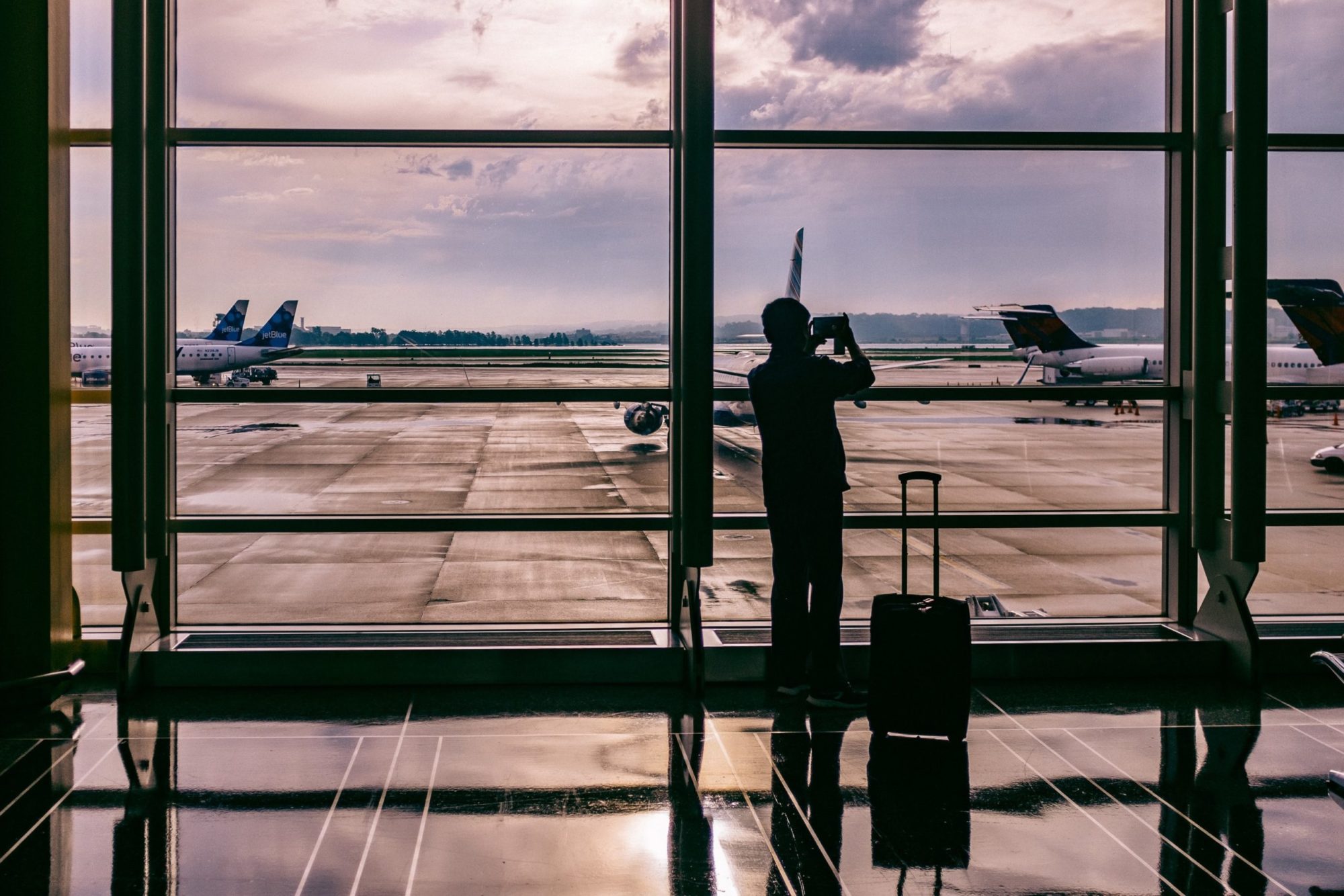It seems like every week that goes by, another heavy wrench is thrown into US-China relations. Washington and Beijing have been trading visa restrictions, asset freezes, and rounds of sanctions in a cycle of escalation that has put yet another cold, wet blanket atop one of the world’s most important bilateral relationships — one that encompasses roughly 40% of the world’s $87 trillion economy.
At the moment, there is very little cooperation or engagement going on between these two economic giants. On July 22, the Trump administration ordered China to vacate its consulate in Houston within 72 hours, the first time a diplomatic facility was shuttered since diplomatic relations began in 1979. The predictable response came on Friday, when China ordered the closure of the US consulate in Chengdu. With US and Chinese warships performing military exercises in the South China Sea, senior US officials warning American companies to disassociate themselves from Beijing and senior Chinese officials being less than forthcoming about their own actions, it is hard to envision US-China relations getting any worse. But if the Trump administration decides to go through with a blanket visa ban on members of the Chinese Communist Party and their families, Washington should prepare itself for significant retaliation.
Practically speaking, a visa ban is highly unlikely to be enforceable. On the surface, punishing the CCP appears to be a common sense measure. The party, after all, runs every aspect of the Chinese government, controls China’s foreign policy, and has become far more brazen under President Xi Jinping’s tenure. The CCP has effectively and methodically stripped Hong Kong of its autonomy, continues its complete lack of transparency with respect to the coronavirus pandemic, and is now increasing domestic surveillance to such an extent that even the slightest opposition to CCP principles is smothered.
A visa ban on the CCP would in effect prevent as many as 270 million Chinese from traveling to the United States. The US government could not enforce such an extensive policy even if it tried.
The CCP, however, is more than just Xi Jinping and the ruling Politburo. Similar to how Iraqis coped when Saddam Hussein’s Baa’th Party was running the country, ordinary Chinese citizens often choose to become members of the CCP for their own personal reasons. Some do it as an investment, hoping party membership will help advance their careers. Some rightly believe being a CCP card holder provides their families with far more opportunities than they otherwise would have. Others make the move in order to elude suspicion of law enforcement and intelligence officers. Even dissidents consider themselves to be CCP members; the late Dr. Li Wenliang, the first Chinese scientist to flag the coronavirus as a serious public health disaster, was technically a party member. A visa ban on the CCP would in effect prevent as many as 270 million Chinese from traveling to the United States. The US government could not enforce such an extensive policy even if it tried.
More importantly, a broad-based, restrictionist visa ban on the CCP is destined to result in harsh reprisal from Beijing. Preventing tens of millions of Chinese citizens (and the family members of those citizens) from even traveling to the US as short-term tourists is one giant leap up the escalation ladder and would in fact be unprecedented in the last four decades of official US-China diplomatic relations. The Chinese government is a rigid proponent of reciprocity — such an escalation will not go unanswered.
When Secretary of State Mike Pompeo announced on June 26 that unnamed Chinese officials would have their visas revoked due to their involvement in the crackdown on Hong Kong, the Chinese Foreign Ministry publicized the same measures on unnamed American officials shortly thereafter. Similarly, when the Trump administration sanctioned
In other words, preventing CCP members regardless of their rank from traveling to the United States will almost certainly result in a similar policy from Beijing — perhaps even a visa ban on members of a particular US political party. Some China analysts may dismiss these counter-sanctions as absurd. But in the minds of Chinese officials, such an action would be no more absurd than the prohibitions coming from Washington.
Why should the White House care? Because a reciprocal ban on US visas to China would severely limit America’s political and economic access to the Chinese mainland, handcuff the ability of US officials to engage with ordinary Chinese and reinforce the ever-popular narrative in foreign policy circles that Washington and Beijing are destined for a zero-sum confrontation. It would be folly for the administration to assume it could easily absorb the costs of such a policy.
Washington and Beijing are at a defining moment in their relationship. The clouds hovering over US-China ties are as dark as they’ve been since the two powers established formal diplomatic relations in 1979. Playing games with visas — or worse, outright denying them to whole groups of people — will do nothing to mitigate this negative environment, address the mutual recriminations bandied about, or assist those in both capitals who are working to prevent the relationship from totally imploding.
The US and China should be moving in the other direction, gradually repairing their relations. While this is certainly easier said than done, Washington and Beijing can improve their chances by focusing on small but measurable improvements that will arrest the decline. Calling a ceasefire on their visa wars and rebuilding some of the personal connections between US and Chinese diplomats that have so badly frayed over the previous year will help both powers begin this long but necessary journey.
Washington and Beijing will not be friends anytime soon. But they don’t have to be long-term enemies either. There are no victors in a new Cold War.
Daniel R. DePetris is a fellow at Defense Priorities and a columnist at the Washington Examiner.
Update issued 11:00 am, 7/24: This article has been updated to reflect news that China has ordered the United States to close its consulate in the western city of Chengdu.





















